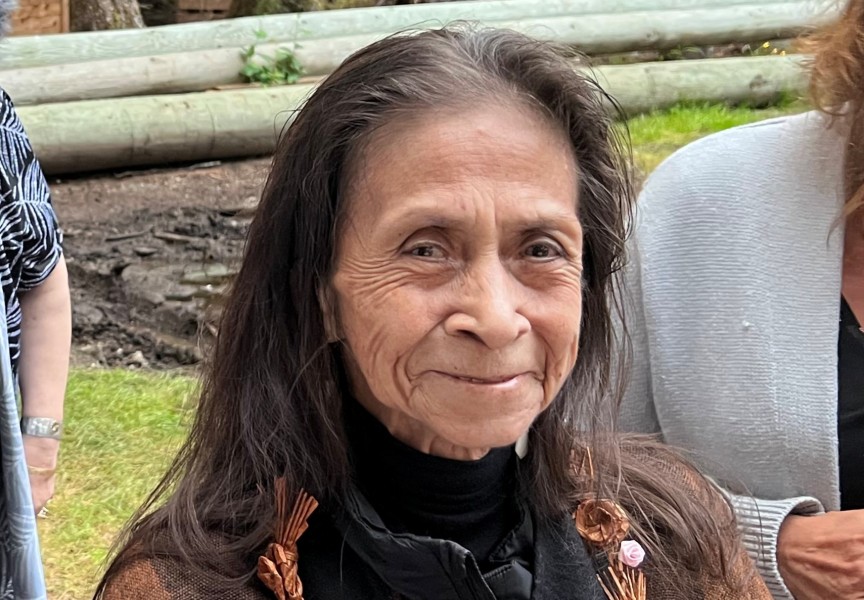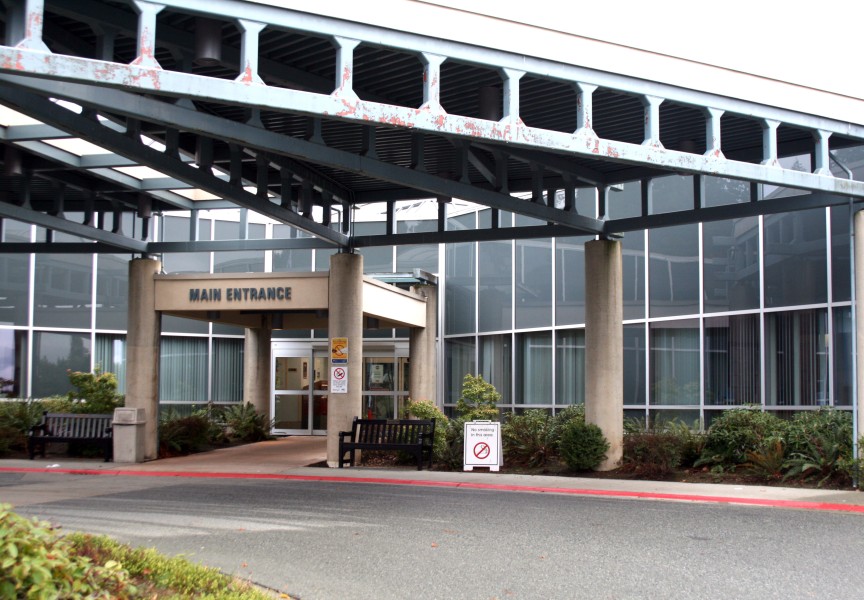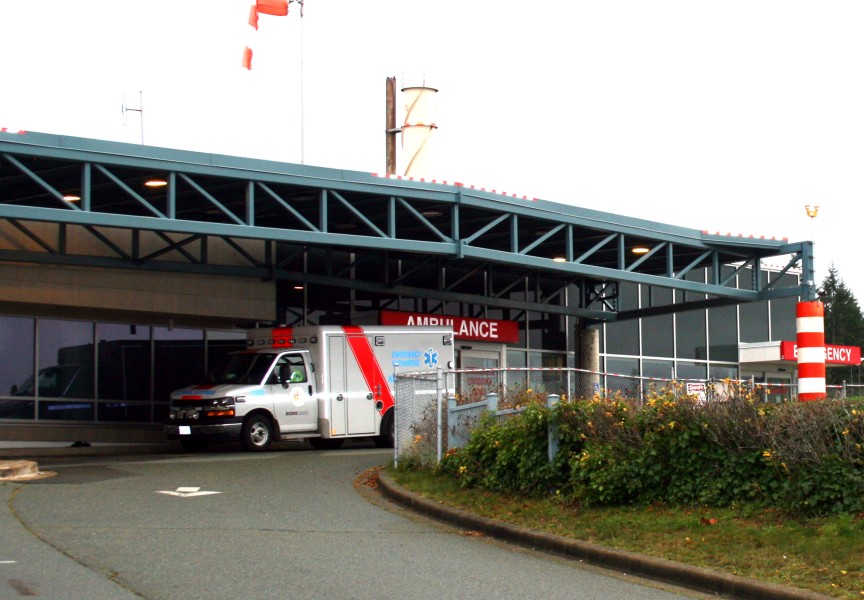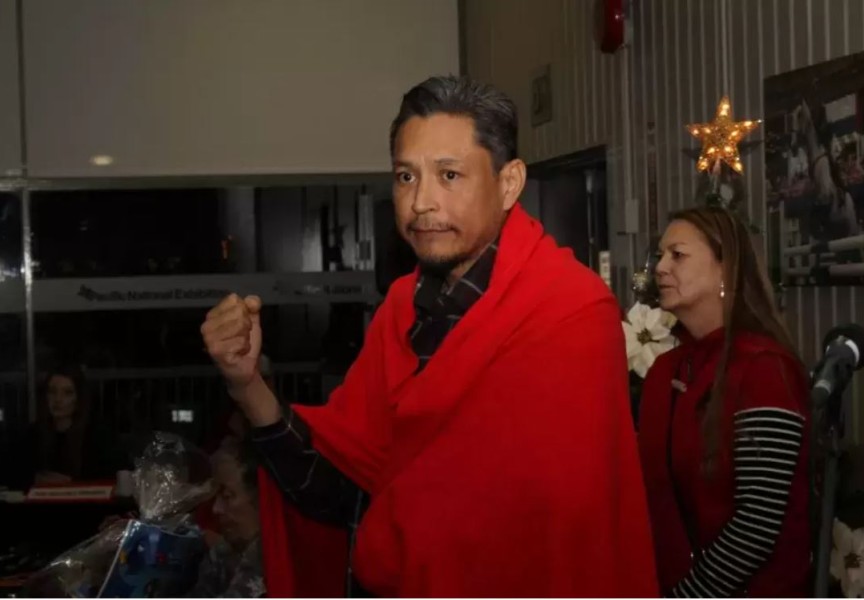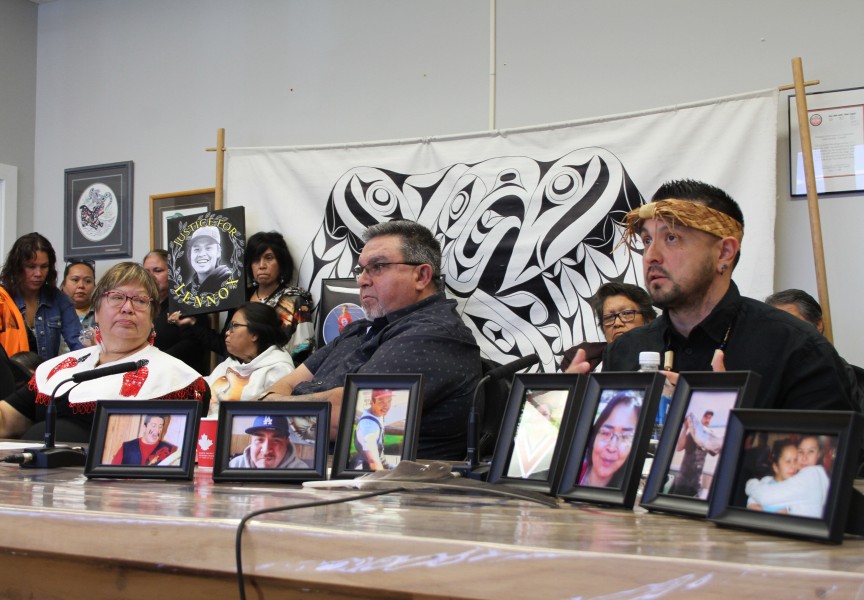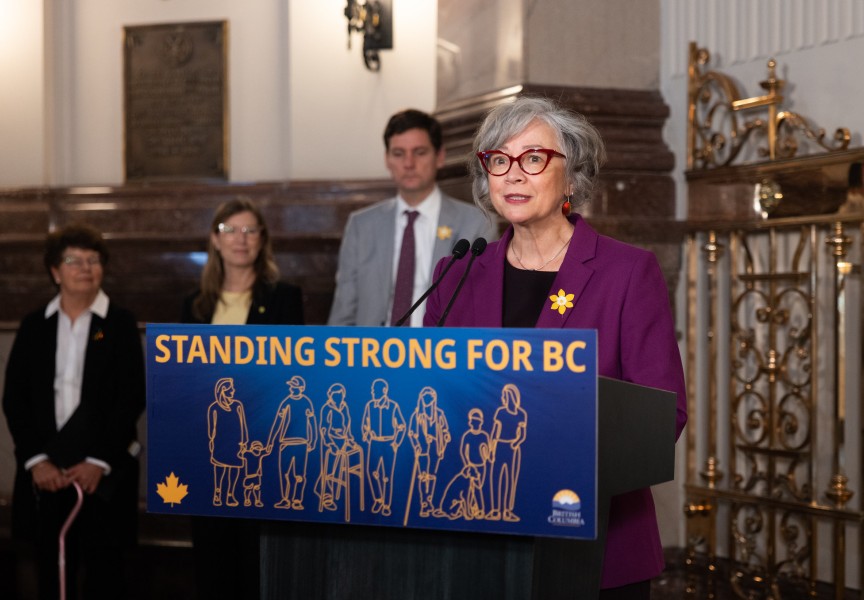“Why pay for something when you have the right to get it free?” asked Alberni Pharmacy pharmacist and owner, Farah Kassam.
Having worked in pharmacies in Vancouver and Nanaimo, Kassam landed in Port Alberni and opened her own business in December 2022. She noticed that many First Nations customers come in to buy things they can get for free with their Indian Status cards. It is not unusual for her to ask new customers if they have status – and for First Nations people, they know immediately what Kassam means.
“Not many people know about Plan W,” said Kassam, adding she thinks only two out of every 10 people are aware of it.
Bijan Mahmoudi, a pharmacist and owner of Shopper’s Drug Mart in Port Alberni, agrees that it’s important for First Nations people to get familiar with the Plan W OTC list, and should even have it printed. But, he says it’s just as important to talk to a pharmacist about your symptoms and needs.
“Allergies, for example, some think they have an eye allergy but it could be something else,” said Mahmoudi. “To get the best care you have to come in and talk to the pharmacist.”
The First Nations Health Authority (FNHA) provides pharmacy benefits for Indigenous people in the province through a partnership with BC PharmaCare and Pacific Blue Cross. PharmaCare Plan Wellness (Plan W) is the drug benefit plan for FNHA clients.
Plan W covers 100 per cent of eligible prescription costs for status First Nations people and also covers certain over the counter (OTC) medication and supplies. The Plan W over the counter list is updated quarterly. Kassam says items on the list have changed over time, and so have rules about access to the medications.
She says the Plan W OTC list is developed by people with an awareness of the health needs of First Nations people. For example, she noted that residential school survivors were often given watery powdered milk at the institutions. As a result, many have developed lactose intolerance. For that reason, the OTC medication, Lactaid, can be obtained for free by status First Nations people.
Prior to the COVID-19 pandemic, First Nations people had to visit their doctor to get a prescription or a note for Plan W OTC items. But with the strain on the healthcare system in recent years, rules were relaxed. Today, status First Nations people can go straight to the pharmacy to get things like Aspirin, antihistamines, vitamins, bandages, medicated creams and ointments, laxatives, antacids and so much more for free, provided it is on the list and the pharmacist approves.
Mahmoudi says Pharmacists are in a unique position with their expanded roles in the healthcare system. Prescription files for a patient are accessible to all pharmacists. A pharmacist can see at a glance what medications and supplements a patient is taking and can offer advice.
According to Mahmoudi, a pharmacist’s expanded role allows them to administer products for minor aliments and contraception. A pharmacist can now prescribe medications for acne, allergic rhinitis, conjunctivitis, dysmenorrhea, fungal infections, gastrointestinal disorders, headaches, hemorrhoids, nicotine dependence, urinary tract infections, and more.
A pharmacist can also prescribe birth control and Plan B contraception (the morning after pill), said Mahmoudi.
Patients must go in-person to the store for their Plan W OTC products to sign for their order. Unless a parent or guardian is signing for a child, the provincial government requires the patient’s signature for Plan W products. Once it’s signed for, Mahmoudi says the order can be processed and delivered through Shopper’s Drug Mart’s free prescription delivery service.
Kassam says this process has helped her catch things that could have caused serious problems. One man, for example, had no family doctor and was prescribed a heart medication in the hospital. After finishing his supply of medication, the man came to the pharmacy thinking he needed Aspirin.
Aware that it is unsafe to abruptly stop the medication the man was on, Kassam arranged an online appointment with FNHA’s Doctor of the Day. This is a virtual clinic that patients can use if they can’t get in to see a general practitioner.
The patient was not aware that he would need a continuing course of the medication. The Doctor of the Day virtual clinic and an alert pharmacist set him back on track.
“I encourage people to use my virtual clinic for something that is emergent like UTI’s or cold sores, or if you can’t get into your doctor for more than a week for refills,” said Kassam.
Doctor of the Day books appointments four to five days out, says Kassam. Call 1-855-344-3800 to book an appointment. Medical assistants are available to help you seven days a week from 8:30 a.m. to 4:30 p.m.
As not all pharmacies are up to date with the Plan W OTC list, patients are advised to check what is currently covered by seeing the Ministry of Health’s site at https://www2.gov.bc.ca/gov/content/health/practitioner-professional-resources/pharmacare/pharmacies/fnhb-plan-w-otc-drugs
For each item on the list there are six columns. The first column lists the chemical name of the product while the second column shows the brand name of the OTC item that most people are familiar with. Acetaminophen, for example, is followed in the next column by its popular brand name, Tylenol.
The fifth column shows a DIN/NPN number for each product. This number is important to pharmacists and can speed up processing time of your prescription if you provide it to the pharmacist.
Kassam recommends that clients make a list of their OTC needs along with the DIN/NPN number for each item and the reason they need the product. Pharmacists can then review the list, approve it, then process your order.
“It’s kind of like a prescription so pharmacists have to evaluate it,” said Kassam.
Mahmoudi says that patients should be getting only the items that they immediately need, rather than stock piling OTC products. Stock piling items that are not needed could put a strain on the system and lead to the government placing restrictions on Plan W items.
When it comes to the availability of generic versus name brand OTC products, Kassam says the government wants to save money so generic brands will be the first choice.
“But if the generic brand is not available, the pharmacist will give them what they have,” he added.
Both Shopper’s Drug Mart and Alberni Pharmacy offer a blister packaging service and can have them delivered to your door.
To see a list of OTC medications available to status First Nations visit: https://www2.gov.bc.ca/assets/gov/health/health-drug-coverage/pharmacare/planw-otc-meds.pdf


